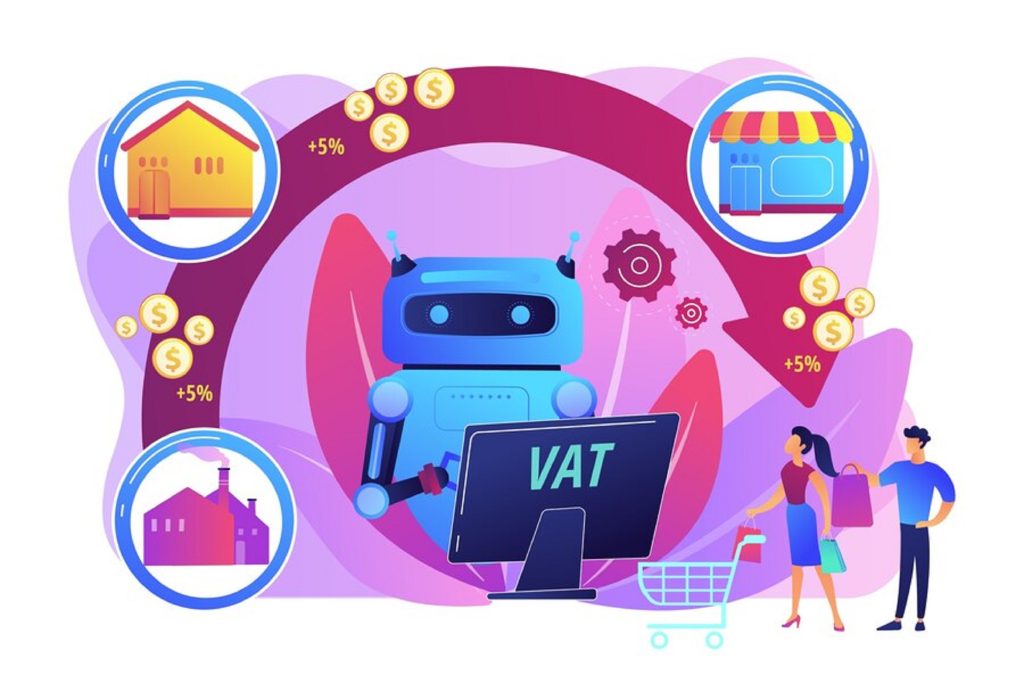Digital transformation in the retail sector is nothing new and it has been happening for a decade. Apparently, digitization in retail has led to increased speed, efficiency, and accuracy across every brand of retail business. Thanks to data analytics, marketers can now make data-driven decisions to enhance the customer experience.
We can leverage data-driven insights because of the Internet of Things (IoT) and most importantly, artificial intelligence (AI). AI in retail has empowered business owners with high-quality data and information to improve their retail operations and tap into new business opportunities.
$40 billion of additional revenue was driven by AI in three years.
Retailers can stay competitive only by incorporating AI into their retail marketing strategies and by enhancing in-store experiences.
When we utter AI, it entails more than a few things. It encapsulates many technologies such as machine learning and predictive analytics, which help in collecting, assessing, and processing troves of data and use the same information to help retailers make an informed decision.
So, what does AI in retail exactly look like? Let us dig in here.
Artificial Intelligence is rapidly growing in every industry, and retail is not untouched too. Retailers who want to stay at the top of their game are trying to leverage the power of AI to increase the online as well as offline experiences of their customers. In the retail industry, we are seeing a growing base of AI-based applications.
Fortune Business Insights has already forecasted that AI in the retail market will soon reach $24.1 billion by 2028, which is an annual growth rate of 24.4% CAGR.
Why retailers are on their toes to adapt to AI technologies?
Well, the retail sector generated tons and tons of data in the form of spanning products, sales trends, promotions, customer data, and anything you can think of. Thankfully, machine learning helps retailers to manage the data and process it to the benefit of the companies. Thus, they gain a competitive advantage over others.
That said, here are the top benefits of using Artificial Intelligence:
- You can increase your Supply Chain Efficiencies by pooling in AI power.
- With the help of data analytics, you can enjoy Improved customer satisfaction.
- Actionable insights from AI help in Optimizing product location.
- It is easier to implement Personalization due to high sales
- More automation means Reduced costs in the long run.
After discussing the benefits of AI in retail, let us check some AI applications shaping the future of retail.
Marketing Technology News: SalesTechStar Interview with Abigail Salvador, Sr. Growth Account Executive at Gong
Top AI Application Shaping the Retail Future
Leveraging machine learning and computer vision can help retailers improve their customer experiences, increase profitability, and stay ahead of the competition.
AI gives retailers access to streams of data that improves speed, and efficiency, and helps them take informed decisions. It has been estimated that in 2023, approximately, 3,25,000 retailers will use machine learning in some or the other form.
Techniques such as object detection, human pose estimation, character recognition, and so on are already playing a significant role in helping retailers improve both customer and employee experiences.
Here are some of the topmost applications of AI in retail. Let us have a look:
1. Cashier-less Checkout
Cashier-less checkout would mean a checkout counter without a human cashier. A customer can pick up items from the store, scan the items near the gate, and either pay in card or cash there or the credit card of the customer will be automatically charged.
The system is employed in many facilities, and it is possible through big data analytics and computer vision.
2. Inventory Management
For any retail store, inventory plays a pivotal role as it helps the business owner understand what they need, at what level, and at what time.
The inventory system is undergoing digital transformation and retailers have already started using AI for their supply chain, pricing, and promotional planning.
3. Crowd analysis
Retailers are extensively using object detection to detect anything suspicious a customer might carry in the retail store. The data is helpful in security, and it also helps to know the count of people entering the organization and keep a note of the kind of products they would like to purchase in the future.
4. Customer Behavior Analysis
Leveraging the power of AI, retailers can keep a check on any suspicious activities, the gaze time, and the dwell time.
Future of AI in Retail
All that said and discussed, we are sure that the future of retail lies in AI. Retailers will soon incorporate AI in their journey from researching their product prices, managing their inventory, and serving the customers at the stores.
Retailers have already started to adapt to the trend to offer a better customer experience.
Marketing Technology News: What Marc Benioff Taught Me About Building a Great Company





















